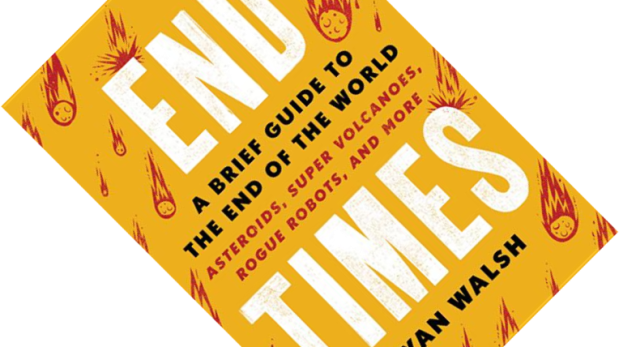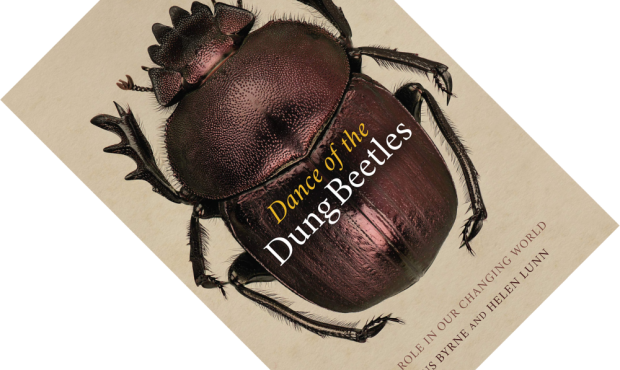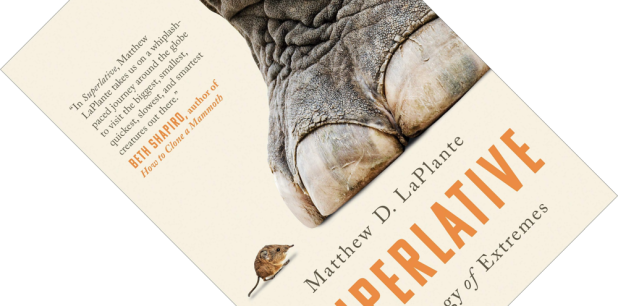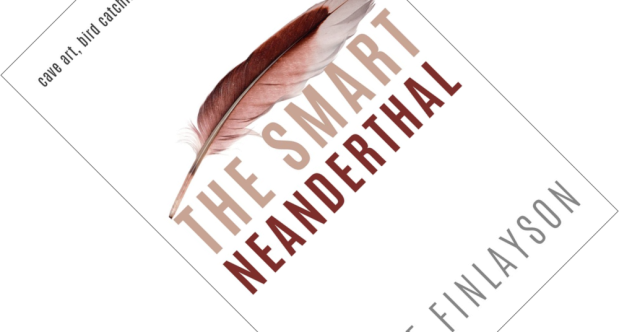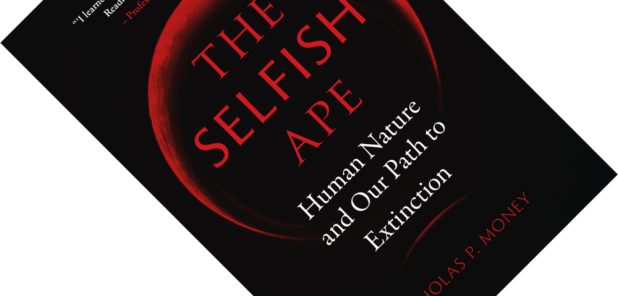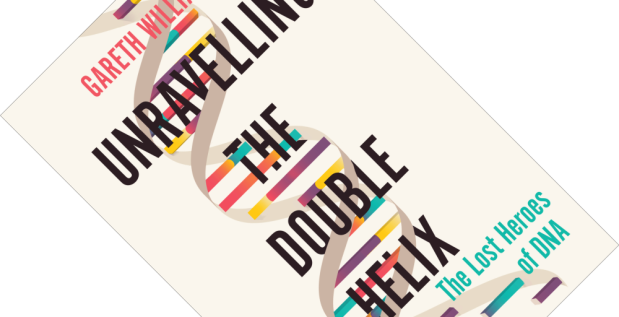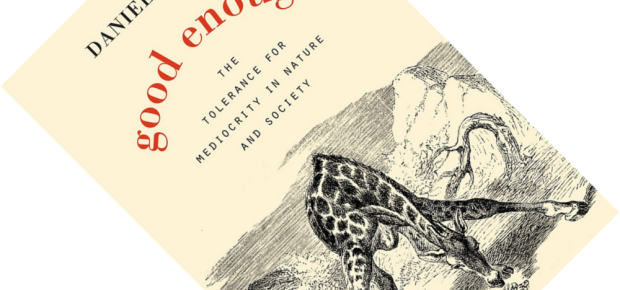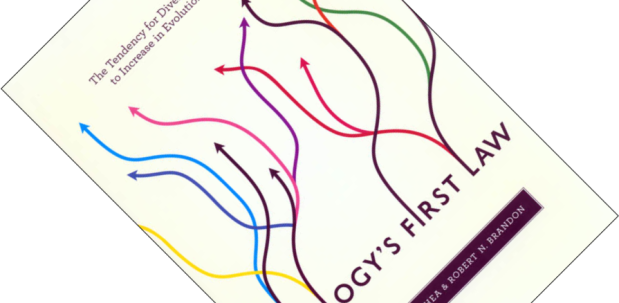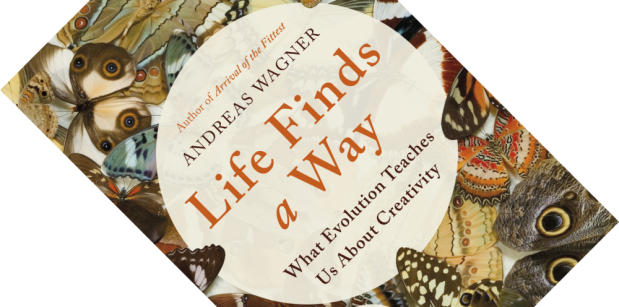6-minute read
If the end of the world is something that keeps you up at night you might want to skip this book. Some might snigger at the “rogue robots” in the book’s subtitle, but End Times is a serious look at so-called existential risks. Former foreign correspondent, reporter, and editor with TIME magazine Bryan Walsh takes an unflinching look at the various disasters that could wipe out humanity, the people whose jobs it is to seriously think through catastrophic threats, and how, if at all, we can prepare ourselves.

